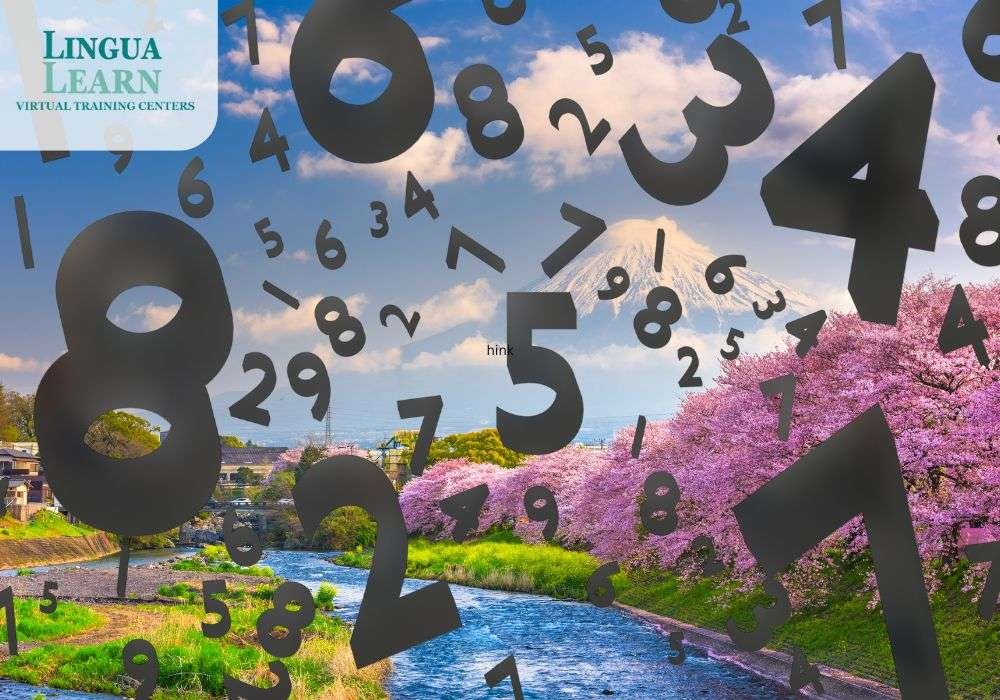
Learning how to say numbers in Japanese is a fundamental skill that opens the door to mastering the language. Whether you’re ordering food, telling time, or negotiating in business, understanding numbers is essential. In this guide, we’ll break down how to say numbers in Japanese, from the basics to larger figures, making it easy for […]
Learning how to say numbers in Japanese is a fundamental skill that opens the door to mastering the language. Whether you’re ordering food, telling time, or negotiating in business, understanding numbers is essential. In this guide, we’ll break down how to say numbers in Japanese, from the basics to larger figures, making it easy for beginners and advanced learners alike.
The foundation of any number system begins with the basics. In Japanese, the numbers from 1 to 10 are as follows:
Learning how up to 10 is your first step toward fluency. Keep practicing these numbers until they feel natural.
Once you’ve mastered 1 to 10, counting from 11 to 99 follows a simple structure. Numbers are built by combining the tens with the single digits. For example:
This pattern continues as you move up. Knowing how to say these numbers is crucial when telling time or counting items.
For numbers above 100, the pattern is similar. Here’s a breakdown:
For example, 2,500 would be Ni-sen-go-hyaku (にせんごひゃく). Understanding how to say larger numbers in Japanese is essential for business or financial conversations.

You will often use numbers in daily life when telling time, counting money, or making plans. For instance:
Ready to deepen your Japanese learning journey? Start by mastering the numbers and explore further with professional courses! Visit Lingua Learn to enhance your skills today.
Learning how to say numbers in Japanese is a rewarding challenge, but it’s also just the beginning. Whether you’re planning to travel, work, or communicate with Japanese speakers, numbers play a significant role in everyday conversation. For more language tips or career advice in Japan, check out opportunities at JobStreet to align your skills with the right job.
Mastering the numbers in Japanese is a fantastic foundation for language proficiency. Ready to take your skills to the next level? Enroll in a course with Lingua Learn today!